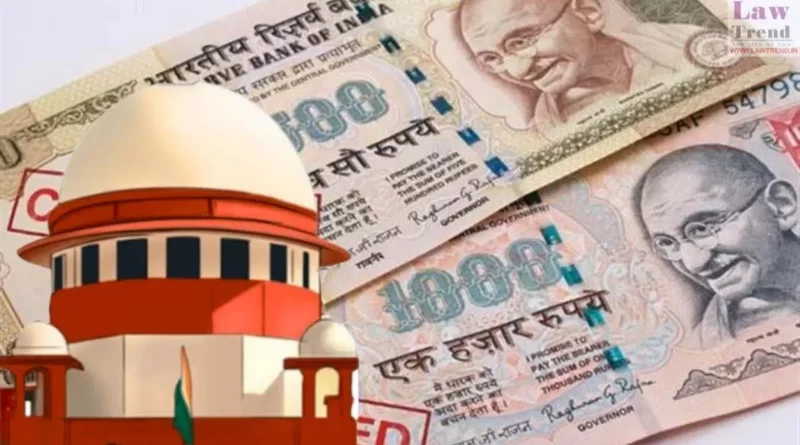“Supreme Court’s Deferential Ruling on Demonetization”
Courts generally defer to the judgment of the elected government in matters of economic and social policy. However, they may intervene if executive decisions are deemed arbitrary or illegal. This principle was upheld by a Constitution Bench of the Supreme Court in India when it considered the government’s decision to demonetize ₹500 and ₹1,000 notes in 2016.
The court’s role was only to examine the decision-making process, but the majority ultimately gave its approval, stating that the process was free of flaws. The court also upheld the government’s power to demonetize without quantitative restrictions and accepted the claim that there had been adequate consultation between the government and the Reserve Bank of India.
While the verdict acknowledged the possibility of hardship and the potential failure of demonetization, it stated that these factors could not be used to invalidate the action.
The recent decision by the majority to brush aside arguments against demonetization has sparked controversy. While the move was justified as a means to combat fake currency and terror funding, as well as to uncover hoarded wealth, the lack of consideration for the negative effects on the economy and population has drawn criticism.
Justice B.V. Nagarathna’s dissent, stating that the process was flawed and the approach of the RBI was without proper consideration, offers a glimmer of hope for those seeking accountability from those in power.
While the judicial system may not hold much sway in policy decisions, it may give governments pause before implementing actions with significant consequences for the general population.




